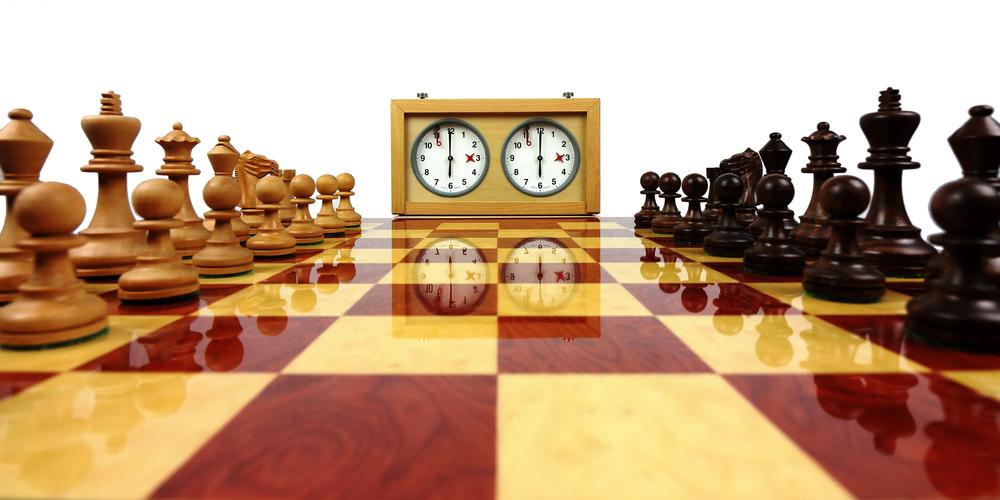
Do We Still Need Classical Chess?
The classical format of our beloved game is under attack.
People are complaining about boring games that lead to an abundance of draws in super-GM tournaments. They are trying to change everything: the scoring system (three points for a win, one point for a draw), the time control and even the traditional tournament format.
One of the latest attempts was made in the recent Norway Chess super-tournament in Stavanger. To put it mildly, the result failed to impress.
Not only were there a lot of draws; some of them were true "gems." Look at this:
Can we blame the players for a short draw that didn't produce a single new move? They quickly figured out that rather than play for four hours, they can make a quick draw and decide the outcome in a fraction of that time. Some people would call it efficiency and some might call it cynicism.
 Alexander Grischuk vs. Wesley So. | Photo: Lennart Ootes/Altibox Norway Chess.
Alexander Grischuk vs. Wesley So. | Photo: Lennart Ootes/Altibox Norway Chess.
I've shared my opinion on the subject many times. I laugh when some people claim that classical chess is dead from "draw death." Somehow, Magnus Carlsen's opponents in the recent super-tournaments didn't get the memo and that's why they couldn't hold the world champion to a draw frequently.
Now let's talk about boring chess vs. exciting chess.
The recent match between Benjamin Gledura and Awonder Liang was indeed very interesting to watch. Blunders are unavoidable in blitz and this is a major part of the entertainment. Nevertheless, when I watched the finish of the following game I could almost hear some people asking: "Are they really grandmasters?"
This is precisely why blitz was strictly forbidden when I was a student of the famous Botvinnik-Kasparov school. The Patriarch believed that blitz hurt your chess. I even asked him if he ever played blitz himself. Botvinnik looked surprised by such a stupid question and paused for a moment. Indeed, what kind of a chess player would never play blitz?
"Of course I've played blitz," he finally answered. "Once. On a train."
This blitz game doesn't do justice to Benjamin Gledura, who is a pretty good chess player. This is how he beat a living legend, Vishy Anand, when Benjamin was just 16 years old:
It is not an easy task to figure out Anand's mistakes in this incredibly smooth game by Gledura. Since I already mentioned Botvinnik in this article, I think he can help us here. These are his comments at the critical moments of his game vs. GM Kholmov:
1.
2.
3.
Black traded into a pawn endgame, which is even worse than a knight endgame from Botvinnik's game. Just like Botvinnik warned, Black lost due to a zugzwang!
Now, let's compare the games Benjamin Gledura played with different time controls. On one side we have a lot of excitement (and of course blunders!) in his blitz games. On the other side we have an extremely well-played and instructive game in a regular time control.
Many people will probably call this endgame boring. So, do we still need classical chess?






